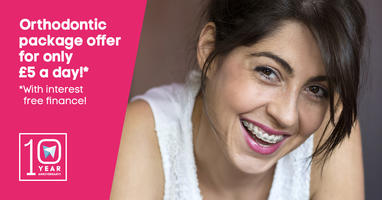Removable braces are often thought of by the wearer as something not quite brace like. As a result of this, many times the at home oral hygiene routine that is supposed to accompany orthodontics is lacking. Let me just stress that removable braces, since they have to be in for 22 hours, are only slightly less taxing on your oral environment than fixed metal braces. The difference is actually fairly negligible, although a plastic mold of your teeth that you can take out at any time will not be as severe as traditional metal braces, however, it is best to assume that they will, and take the necessary precautions.
What you should know
The rise in patients with gum disease and/or cavities who use removable braces is on the rise. This is partially due to the law of large numbers; the number of patients who use removable braces is on the rise as this is a new technology, so of course with more people, more instances of tooth decay. But the numbers seem to suggest that there is something a little more going on, and often these kinds of issues are due to patient cooperation issues. Either dentists are not telling patients what to do, or patients are simply not listening, and there is probably a good bit of both going on.

Tips
Make sure you take some extra time to brush your teeth. Brush them three times a day, for about three minutes at a time. When you eat something, take out the device. This is extremely important - before putting it back in, rinse your mouth out to make sure you have as little bacteria beneath the brace as possible, as the bacteria will incubate underneath the plastic covering. If possible, use a little mouthwash to rinse. It is also important to use a high fluoride, alcohol free rinse once a day, to replenish the fluoride you may lose during treatment.
Do avoid sugary foods and fizzy, sugary drinks. As all orthodontics works on the principle of keeping your soft tissues in a constant state of inflammation, it is important that you know that your oral environment is less able to deal with the usual germs and microbes that live in the mouth, and this leads to their proliferation, which means a higher risk of periodontitis and tooth decay. Don’t help the already proliferated bacteria by feeding them carbohydrates, as this will lead to even more bacteria and even more biofilm.

